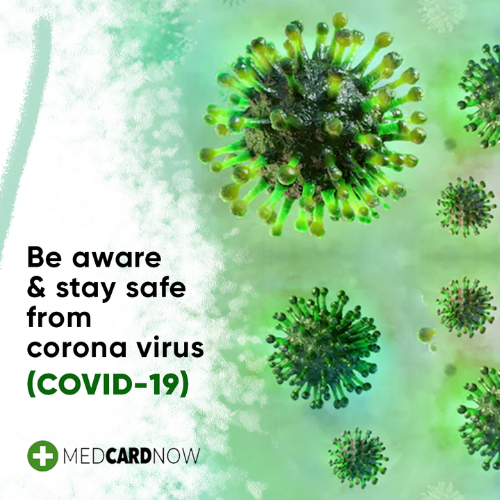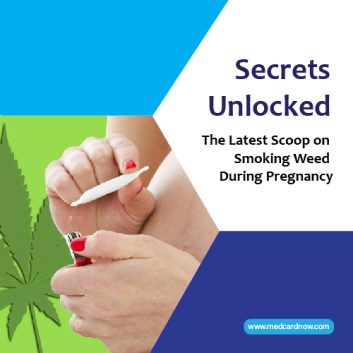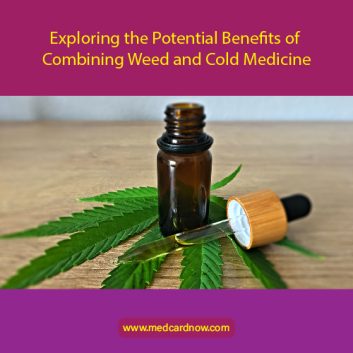
Coronavirus disease is a serious threat to public health. This virus is responsible for causing severe respiratory illness in humans, and there is currently no cure or vaccine available. It’s important to be aware of the signs and symptoms of coronavirus disease and to take action if you experience them. In this post, we provide a comprehensive guide to coronavirus disease, including information on the virus, how it’s spread, and the risks posed by it. We also provide tips on how you can protect yourself and your loved ones from this deadly virus.
How COVID-19 Spreads?
The virus is thought to spread mainly from person to person.
- Between people who are in close contact with one another (within about 6 feet).
- Respiratory droplets are produced when an infected person coughs or sneezes.
These droplets can land in the mouths or noses of people who are nearby or possibly be inhaled into the lungs.
Can someone spread the virus without being sick?
- People are thought to be most contagious when they are most symptomatic (the sickest).
- Some spread might be possible before people show symptoms; there have been reports of this occurring with this new coronavirus, but this is not thought to be the main way the virus spreads.
Spread from contact with contaminated surfaces or objects
It may be possible that a person can get COVID-19 by touching a surface or object that has the virus on it and then touching their own mouth, nose, or possibly their eyes, but this is not thought to be the main way the virus spreads.
How easily the virus spreads?
How easily a virus spreads from person to person can vary. Some viruses are highly contagious (spread easily), like measles, while other viruses do not spread as easily. Another factor is whether the spread is sustained, spreading continually without stopping.
The virus that causes COVID-19 seems to be spreading easily and sustainably in the community (“community spread”) in some affected geographic areas.
Symptoms:
Reported illnesses have ranged from mild symptoms to severe illness and death for confirmed coronavirus disease 2019 (COVID-19) cases.
The following symptoms may appear 2-14 days after exposure.*
- Fever
- Cough
- Shortness of breath
- Runny nose
- Sore throat
Prevention & Treatment
How it Spreads
There is currently no vaccine to prevent coronavirus disease-2019 (COVID-19). The best way to prevent illness is to avoid being exposed to this virus. The virus is thought to spread mainly from person to person. Between people who are in close contact with one another (within about 6 feet). Respiratory droplets are produced when an infected person coughs or sneezes. These droplets can land in the mouths or noses of people who are nearby or possibly be inhaled into the lungs.
Take steps to protect yourself & others
Clean your hands often
- Wash your hands often with soap and water for at least 20 seconds especially after you have been in a public place, or after blowing your nose, coughing, or sneezing.
- If soap and water are not readily available, use a hand sanitizer that contains at least 60% alcohol. Cover all surfaces of your hands and rub them together until they feel dry.
- Avoid touching your eyes, nose, and mouth with unwashed hands.
Avoid close contact
- Avoid close contact with people who are sick
- Put distance between yourself and other people if COVID-19 is spreading in your community. This is especially important for people who are at higher risk of getting very sick.
Stay home if you’re sick
- Stay home if you are sick, except to get medical care. Learn what to do if you are sick.
Cover coughs and sneezes
- Cover your mouth and nose with a tissue when you cough or sneeze or use the inside of your elbow.
- Throw used tissues in the trash.
- Immediately wash your hands with soap and water for at least 20 seconds. If soap and water are not readily available, clean your hands with a hand sanitizer that contains at least 60% alcohol.
Wear a facemask if you are sick
- If you are sick: You should wear a facemask when you are around other people (e.g., sharing a room or vehicle) and before you enter a healthcare provider’s office. If you are not able to wear a facemask (for example, because it causes trouble breathing), then you should do your best to cover your coughs and sneezes, and people who are caring for you should wear a facemask if they enter your room. Learn what to do if you are sick.
- If you are NOT sick: You do not need to wear a facemask unless you are caring for someone who is sick (and they are not able to wear a facemask). Facemasks may be in short supply and they should be saved for caregivers.
N.B: The only mask that can help is the N-95 Mask
Clean all “high-touch” surfaces every day
- Clean AND disinfect frequently touched surfaces daily. This includes tables, doorknobs, light switches, countertops, handles, desks, phones, keyboards, toilets, faucets, and sinks.
- If surfaces are dirty, clean them: Use detergent or soap and water prior to disinfection.
Avoid sharing personal household items
- Do not share: Do not share dishes, drinking glasses, cups, eating utensils, towels, or bedding with other people in your home.
- Wash thoroughly after use: After using these items, wash them thoroughly with soap and water or put them in the dishwasher.
Med Card Now is requesting you take all the precautions to prevent coronavirus. Keep children away from the elderly and also symptoms are mild cold-like symptoms be sure to call their primary physician or go to a local hospital if they have symptoms. And please be aware that we are always with you and our operators and physicians are not affected. So, please feel free to contact us anytime. We wish you and your family remain safe and healthy.
Source: https://www.cdc.gov/coronavirus/2019-ncov/about/index.html



